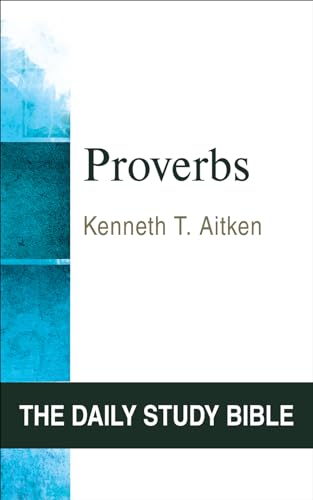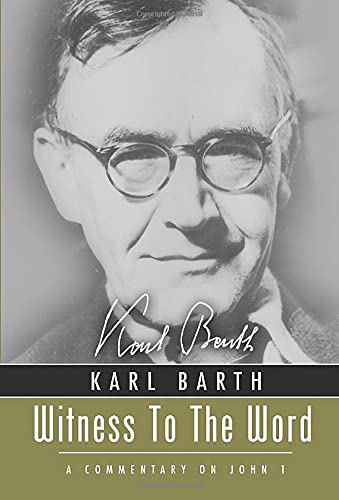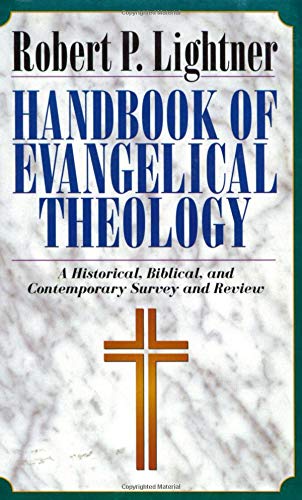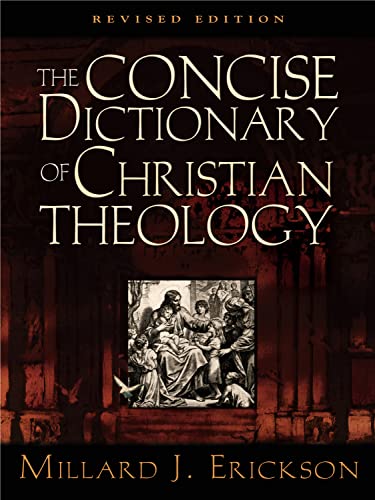The Opponents of Paul in Second Corinthians
Written by Dieter Georgi Reviewed By Alan G. PadgettWith respect to the question of who Paul’s opponents were, there are three current answers: (i) some kind of Judaizers, (ii) some kind of Gnostics, or (iii) something like Georgi’s suggestion. The value of Georgi’s book lies in its rejection of the Gnostic hypothesis, and the collection of important textual reasons for believing that Paul’s opponents were (a) different from his opponents in 1 Cor., and (b) Jews, but not Judaizers, who were influenced by wisdom literature and Hellenistic syncretism. This book represents the English translation of a 1958 doctoral dissertation, revised and published in German in 1964. The published version has become the standard work on its subject. More than a translation, however, for from p. 333 on Prof. Georgi has written an Epilogue with five bibliographies, discussing some of the topics raised in the original book from a more modern perspective. Students will rightly turn to this book as a standard reference work.
The book falls into four parts. After a brief introduction Georgi surveys the self-designations of Paul’s opponents in 2 Cor. 10–13. This includes important discussions of terms like diakonos christou, apostolos christou and sperma abraam. He concludes from these studies that the opponents were similar to Hellenistic-Jewish missionaries. In ch. 2 Georgi moves to Jewish and Greco-Roman material. He argues that there were in the first century wandering Jewish missionaries similar to the Cynic-Stoic wandering preachers. Important evidence for this view is found in Jewish apologetic literature (e.g. Philo or Josephus). These missionaries were charismatic miracle workers and street philosophers, vying for the public ear in the cities of the ancient Mediterranean world. They saw themselves as ‘divine men’, and painted Moses in this light. A theios aner or ‘divine man’ worked miracles, spoke for God, and generally acted as an organ of divine power. Georgi then looks at early Christian missions, and concludes that the majority of early Christian missionaries were similar to the Hellenistic-Jewish pneumatic apologists, seeing Jesus as a ‘divine man’ (cf. Mark’s view of Jesus). The third chapter then gives reasons, from the text of 2 Cor. 2:14–7:4 as well as 10–13, for his view that Paul’s opponents found in Jesus a ‘divine-man’, and believed that genuine apostles should also be such. Georgi correctly argues that the issue between Paul and his opponents is not merely socio-political, but also Christological. Georgi identifies the theology of Paul’s opponents with their ‘spiritual relatives’ Luke and the Pastoral Epistles (i.e. so-called ‘early catholicism’) which eventually triumphed through political power. Fourth, in the Epilogue Georgi wanders through the various topics and issues which his previous dissertation touched upon. These include source criticism of 2 Cor., Hellenistic Jewish Apologetics, and the divine man motif. The central theme of the Epilogue is the social and religious pluralism of both Judaism and Christianity during this period. This is used as a stick to beat Georgi’s opponents.
The major point against Georgi is his specific identification of the Hellenistic-Jewish opponents of Paul. The whole picture Georgi paints of Jewish magician missionaries is based on very shaky evidence (see C. L. Holladay, Theios Aner in Hellenistic Judaism [Missoula: Scholars Press, 1977] for a critique; Georgi’s response to Holladay is inaccurate and inadequate, p. 415). The exegetical basis Georgi gives for finding this motif in the gospels, or in the opponents of Paul in 2 Cor., or in Hellenistic Judaism, is generally weak and often tendentious. This is especially true in the Epilogue. The new section reflects and reacts with various recent trends in NT studies but is generally disappointing.
In sum, students of early Christianity and Hellenistic Judaism, especially those interested in 2 Cor. or in Jewish missions and apologetics, will need to study this book carefully. Few if any will follow Georgi’s lead all the way.
Alan G. Padgett
Azusa Pacific University, Azusa, CA







